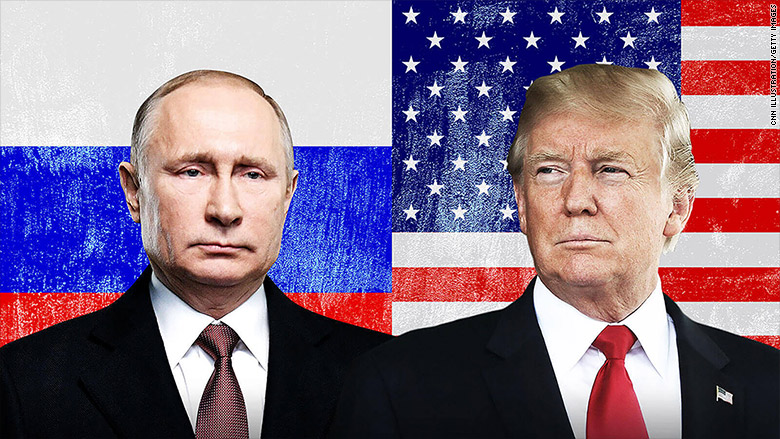
Donald Trump is back from a dismal summit with Vladimir Putin. This time, the American president will not have an easy time erasing the memory, despite his penchant for subverting political and diplomatic rules and expectations. According to the collective judgement coming from the opposition as well as several Republicans, Trump has gone too far. He was utterly outclassed by the leader of a hostile power and came across as unprepared and weak.
So much so that he was forced to make a U-turn as soon as he landed back home. At the evening meeting with journalists at the Oval Office, Trump restated his faith in the American intelligence agencies. He claimed that he had misspoken in Helsinki while talking about the alleged Russian meddling in 2016’s elections. Now he accepts their conclusions and states that Russia has indeed meddled in the elections, but without impacting the result and that the White House will do anything it takes to safeguard the upcoming elections in November.
Among the critics, perhaps the harshest words came from former Democratic President Barack Obama during his stay in South Africa: He emerged from a self-imposed political exile with a speech in defense of democracy and against “strongman politics,” authoritarian leaders who espouse the politics of lies, fear and resentment.
The controversy had begun because of Trump’s passive acceptance of Putin’s denials concerning the interference in the elections, as well as his inability to confront unresolved issues ranging from Ukraine to Syria to disarmament. A reality that pierced through the veil of a meeting that the American president characterized as “deeply productive.” As the hours passed, the event became more and more rife with ominous signs; The New York Times called attention to that World Cup soccer ball that Putin gave Trump, accompanied by a cryptic message. The ball is in your court — a popular expression among White House officials who instead claimed that Moscow would have to be the one to show humility and willingness to cooperate.
While the summit with Putin has been generally viewed as a failure, it is not as easy to speculate about its real consequences. The “America First” foreign policy remains an enigma, made all the worse by the personal moods of a president who fears conspiracies against his legitimacy from all sides. He alternates attacking allied countries on political and trade fronts with meeting difficult and hostile leaders of the caliber of Putin and Kim Jong Un. This enigma could erode transatlantic trust and spread confusion.
Considering Trump’s domestic influence, there is no guarantee that his aides and Republican leaders will be trying to restrain the president’s statements and actions through legislative means, or to act on their dissent in a way that involves something more than a temporary disassociation. No important official of this administration has resigned in the wake of this dramatic summit. Moreover, the mid-term elections are only a few months away and members of Congress are dealing with a president who is still popular among militant Republicans and faithful voters of their party with a 90 percent approval rating — no matter what that means for the destiny of American leadership and the world.

Leave a Reply
You must be logged in to post a comment.